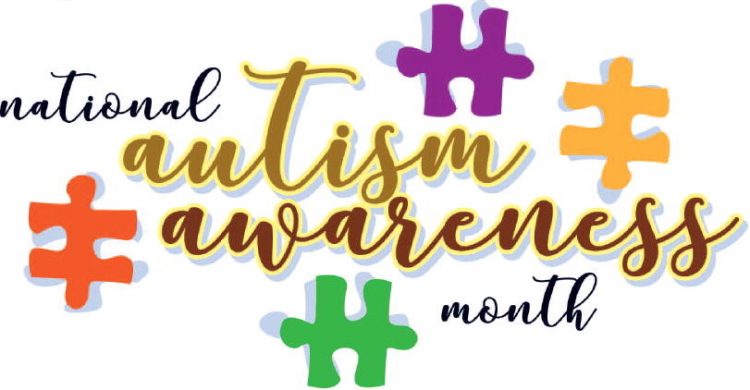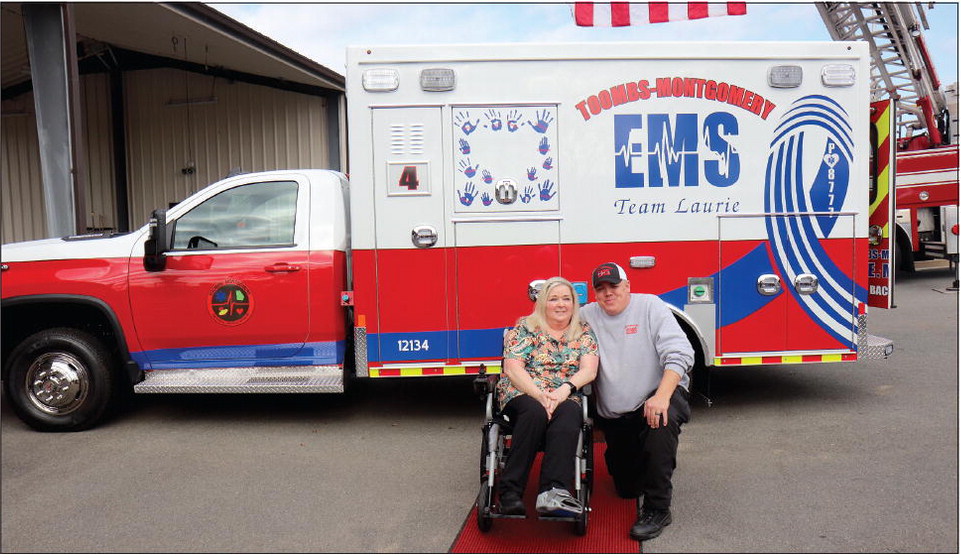April is . . .


Autism affects families in myriad ways. Though its name suggests it's a singular condition, the term 'autism' refers to a broad range of conditions characterized by challenges with social skills, repetitive behaviors, speech, and nonverbal communication.
The organization Autism Speaks is devoted to supporting and advocating for individuals with autism and their families.
Learning about autism is one of the ways people from all walks of life, including those not affected by autism, can help organizations like Autism Speaks meet their missions.
Though autism is a complicated subject, the following facts and figures can serve as a solid foundation for people who want to learn more about it.
A 2021 report from the Centers for Disease Control and Prevention indicated that approximately one in 44 children in the United States is diagnosed with an autism spectrum disorder (ASD).
A 2018 report from Canada's National Autism Spectrum Disorder Surveillance System estimated that one in 66 children and youth in Canada are diagnosed with ASD.
e World Health Organiza tion reports that global studies regarding the worldwide prevalence of autism vary significantly, though it's estimated that around one in 100 children across the globe is diagnosed with ASD.
Autism Speaks reports that boys are four times more likely to be diagnosed with autism than girls.
In fact, CDC data from 2018 indicates that one in 27 boys in the U.S. was identified with autism.
Parents who have a child with autism have a 2 to 18 percent chance of having a second child who also is affected.
Parents of twins should know that an autism diagnosis in one twin does not necessarily mean the other child also will be diagnosed with autism. Autism Speaks indicates that, among identical twins, if one child has autism, the other will be affected about 36 to 95 percent of the time. Among nonidentical twins, if one child has autism, the other will be affected about 31 percent of the time.
Vaccines do not cause autism. Autism Speaks notes that extensive research conducted over several decades has concluded that there is no link between childhood vaccinations and autism.
Nearly one-third of children with ASD (31 percent) have an intellectual disability.
Nearly half of children with autism wander or bolt from safety.
Bullying is a signicant problem for children with autism.
Roughly two-third of children with autism between the ages of six and 15 have been bullied.
Autism affect millions of families across the globe. More information is available at autismspeaks.org.






